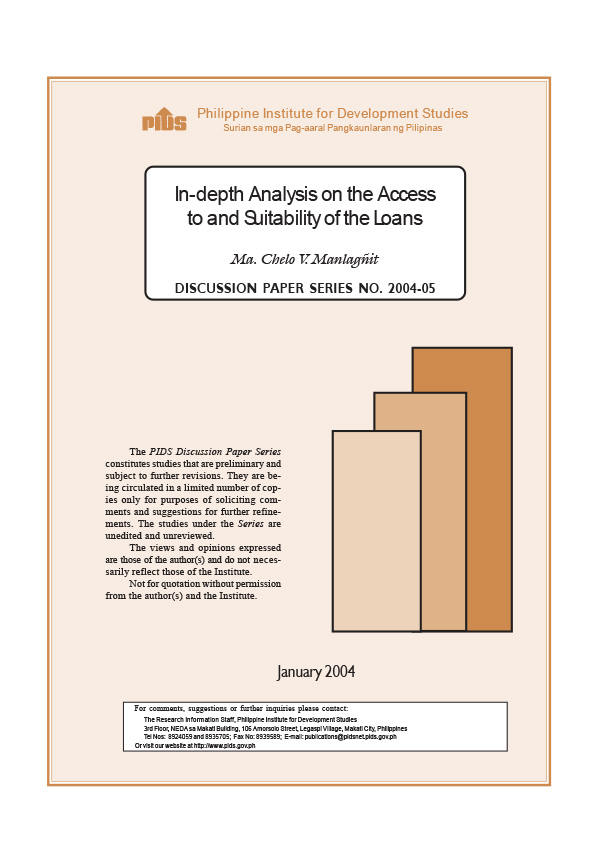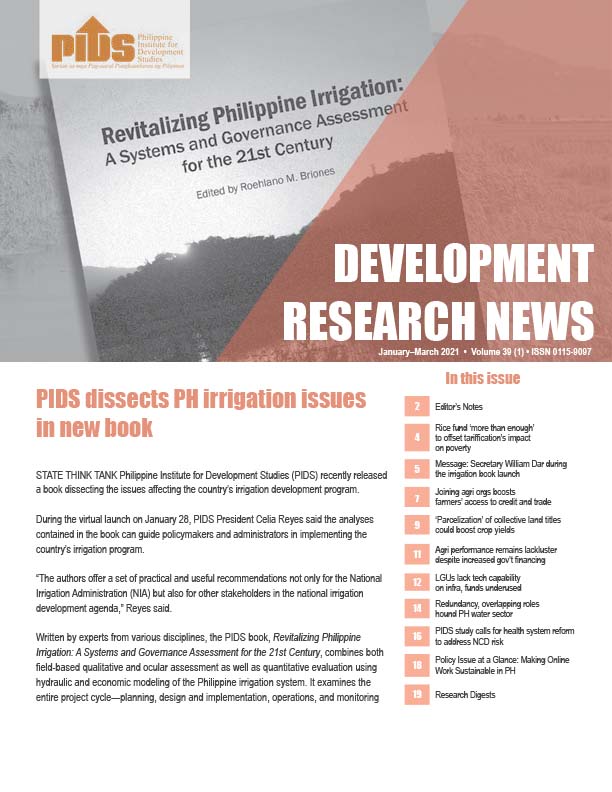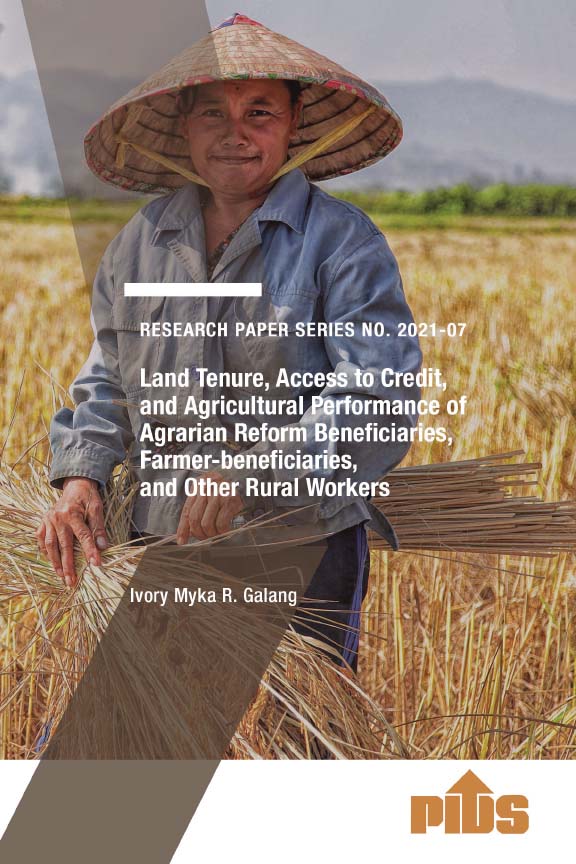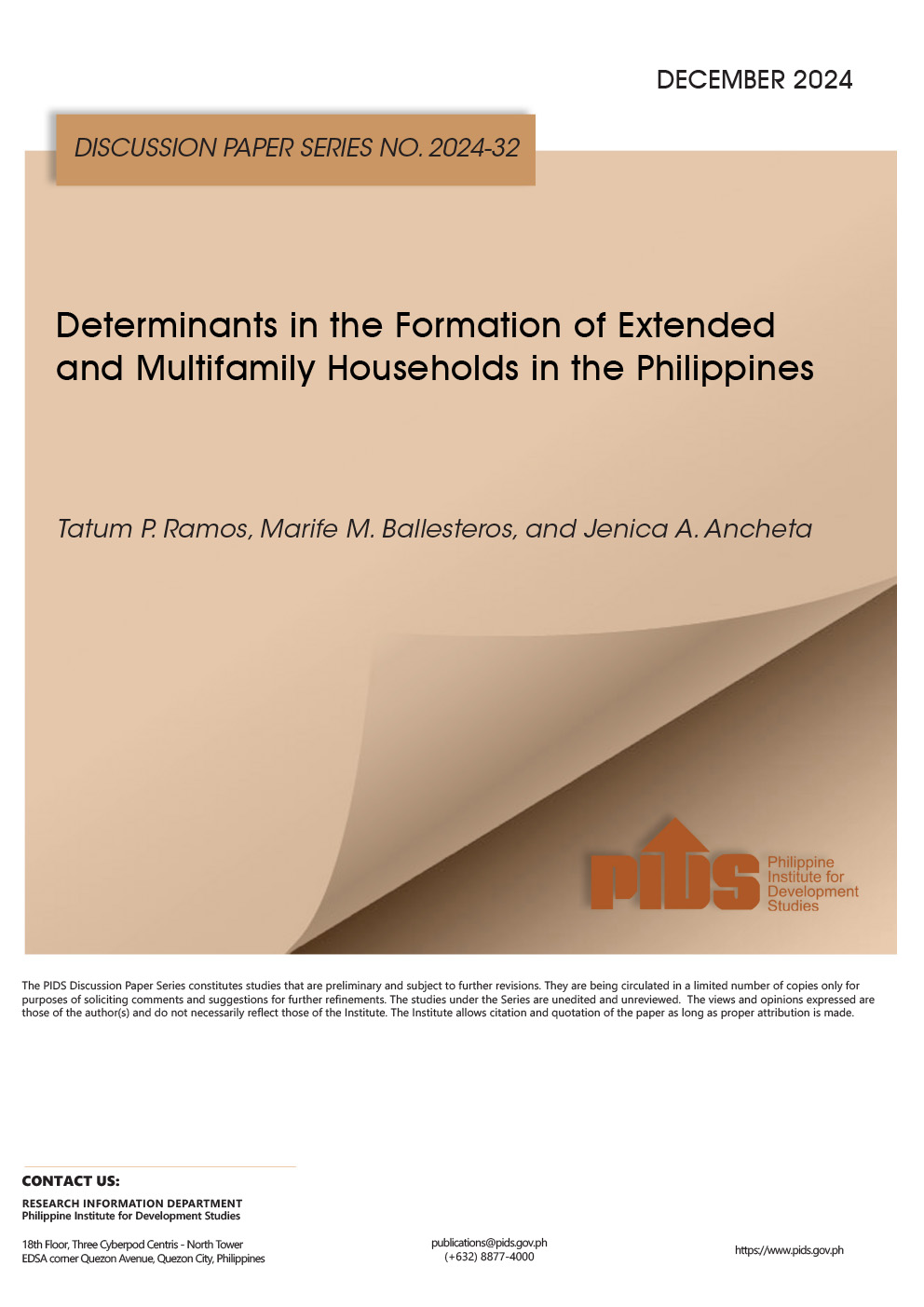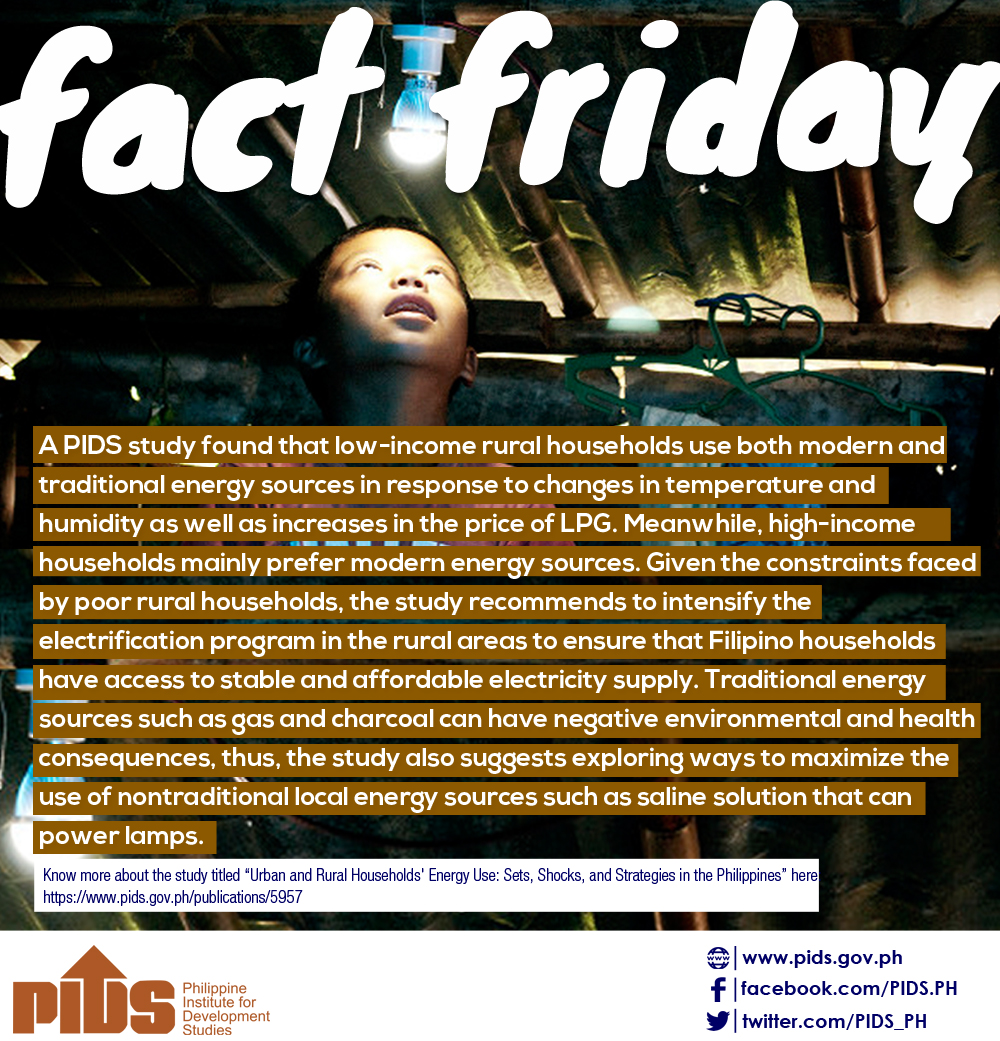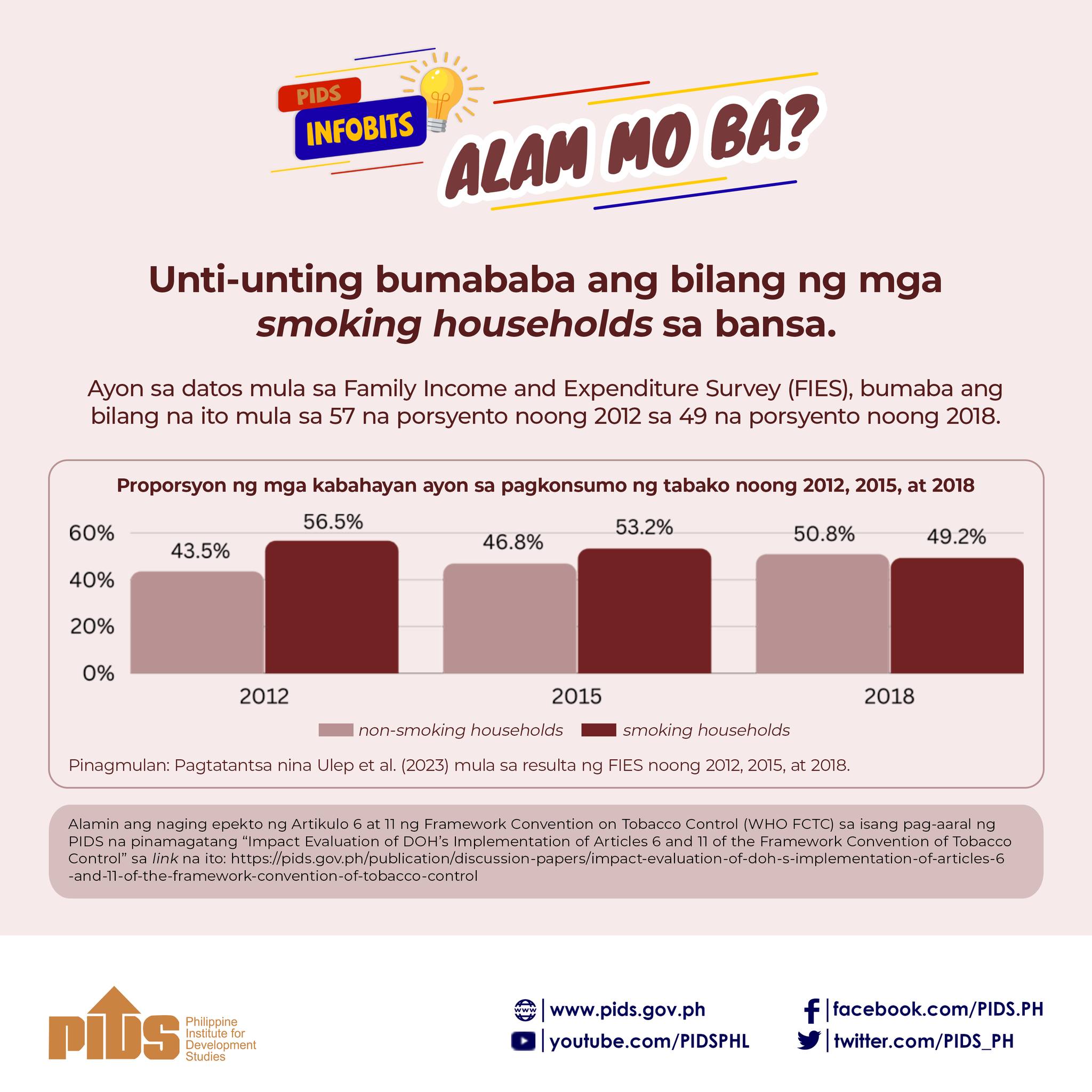This paper examines the borrowing behavior of the households and the suitability of the loans obtained from the community oriented financial intermediary (COFI) and reinforces the significance of using a household approach in evaluating the effects of microfinance. Using descriptive and statistical analyses, results show that the effects of credit in household income and expenses are positive and statistically significant with client households experiencing greater positive effects than nonclient households. Moreover, nonclient households, unlike client households, allot a greater percentage of their loans in proportion to their income on food and nonfood consumptions suggesting that they are more engaged in borrowing for smoothing their consumptions. It has also been shown that the access to COFI loans is relatively easy for the client household members since the requirements and processing are fast and reasonable. This indicates that credit cooperatives rarely disapprove loan applications and if there are numbers of pending loan applications, they usually reduce the amount of loan approved instead of disapproving the application. In general, COFI loans reasonably suit the needs of the COFI clients. Given that both household types obtained their credits from various lenders, those who have access to the COFI system have a reliable source of loans indicating that the COFI performs a particularly important role in providing services, especially credit lines.

